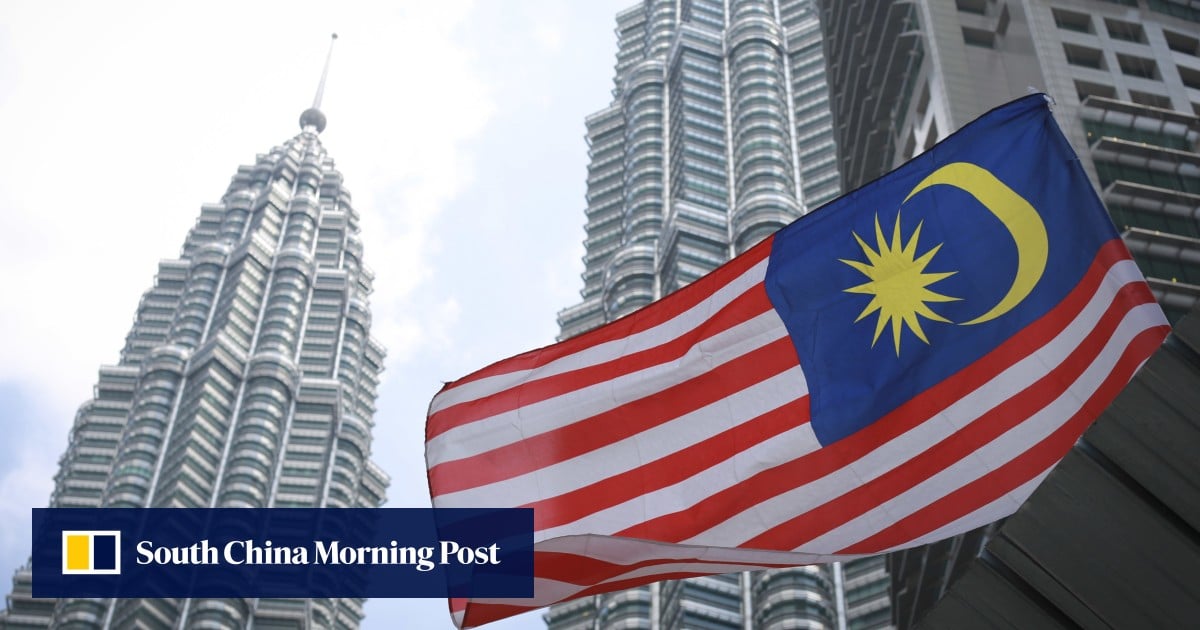Malaysia’s central bank has defended the trajectory of the country’s economic growth, after the ringgit sunk to its lowest since the 1997 Asian financial crisis, blaming a strengthening US dollar and uncertainty in China’s economy rather than domestic indicators for the slump.
The ringgit fell to 4.7965 against the dollar in midafternoon trade on Tuesday, its lowest since an all-time low of 4.885 in January 1998, according to Bloomberg data.

“BNM is of the view that the current level of the ringgit does not reflect the positive prospects of the Malaysian economy going forward,” the central bank said in a statement.
The weak ringgit is good news for exporters in Malaysia’s trade-reliant economy, but has led to stubbornly high inflation as consumers grappled with rising prices of imports such as fertilisers and animal feed, with costs then passed along the supply chain.
The ringgit lost 6 per cent to the US dollar as of last November, according to BNM data, a further decline from a 5.4 per cent slump against the US dollar across 2022.
Malaysians to pay more for gourmet food as Red Sea crisis raises inflation risk
Malaysians to pay more for gourmet food as Red Sea crisis raises inflation risk
“Reflecting these positive developments and the government’s commitment to implement structural reforms and the expected lowering of interest rates in advanced economies, most analysts are forecasting for the ringgit to appreciate this year,” the central bank said.
BNM last month held its key interest rate at 3 per cent and is widely seen to maintain it at the current level throughout the year, on expectations of moderating inflation – a key measure that influences its rate decisions.

It last raised its overnight policy rate by 25 basis points last May. The central bank has said it does not adjust its key rate in response to ringgit movements, which it said is chiefly driven by external factors.
The government expects Malaysia’s economy to grow by 4 to 5 per cent this year, up from expectations of 4 per cent for last year.
In his first year in power, Anwar has faced criticism for moving slowly to stem inflation and speed up economic growth, with his energies diverted to shoring up support – especially among the Malay-Muslim majority – for his coalition government.

